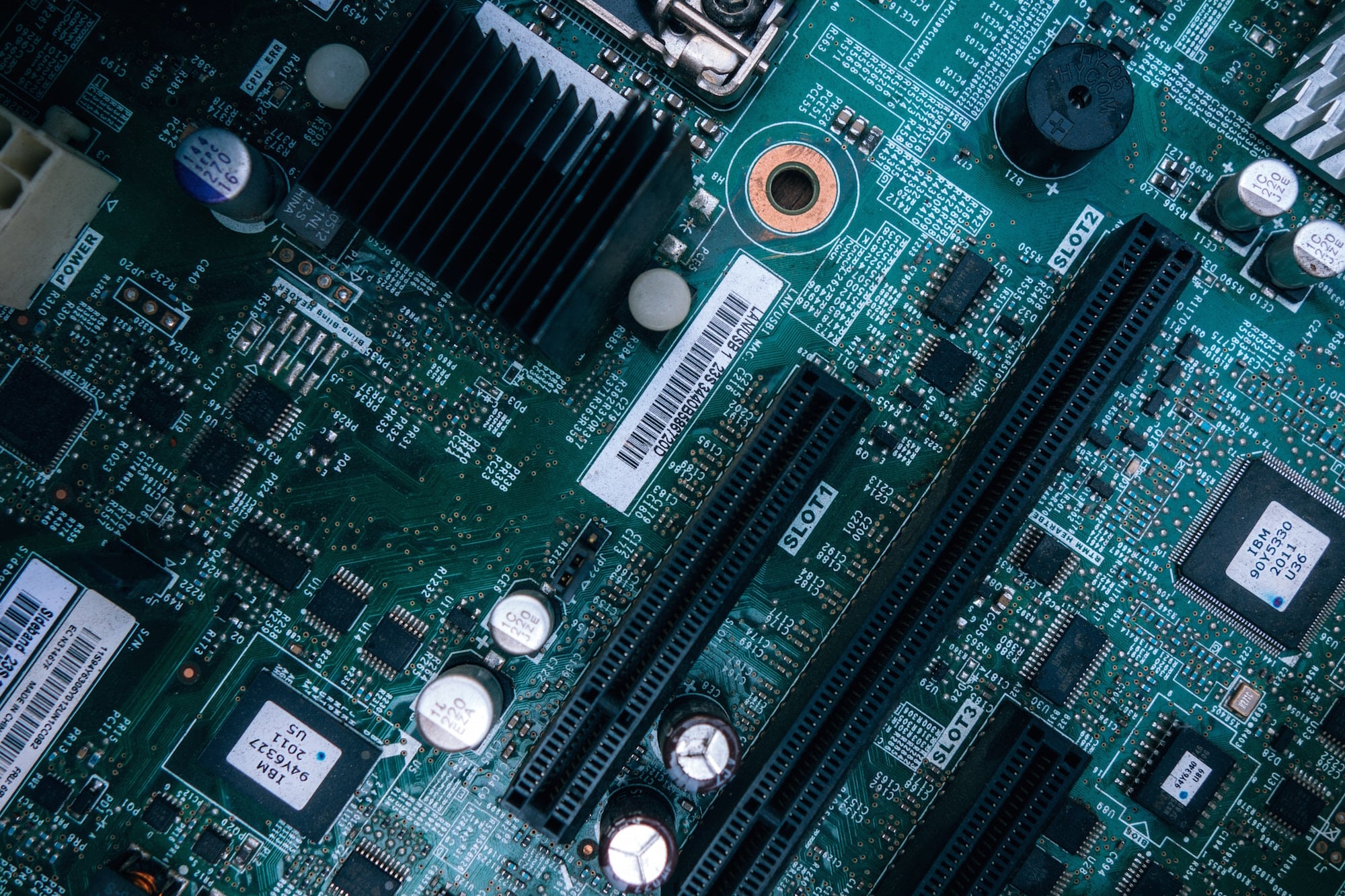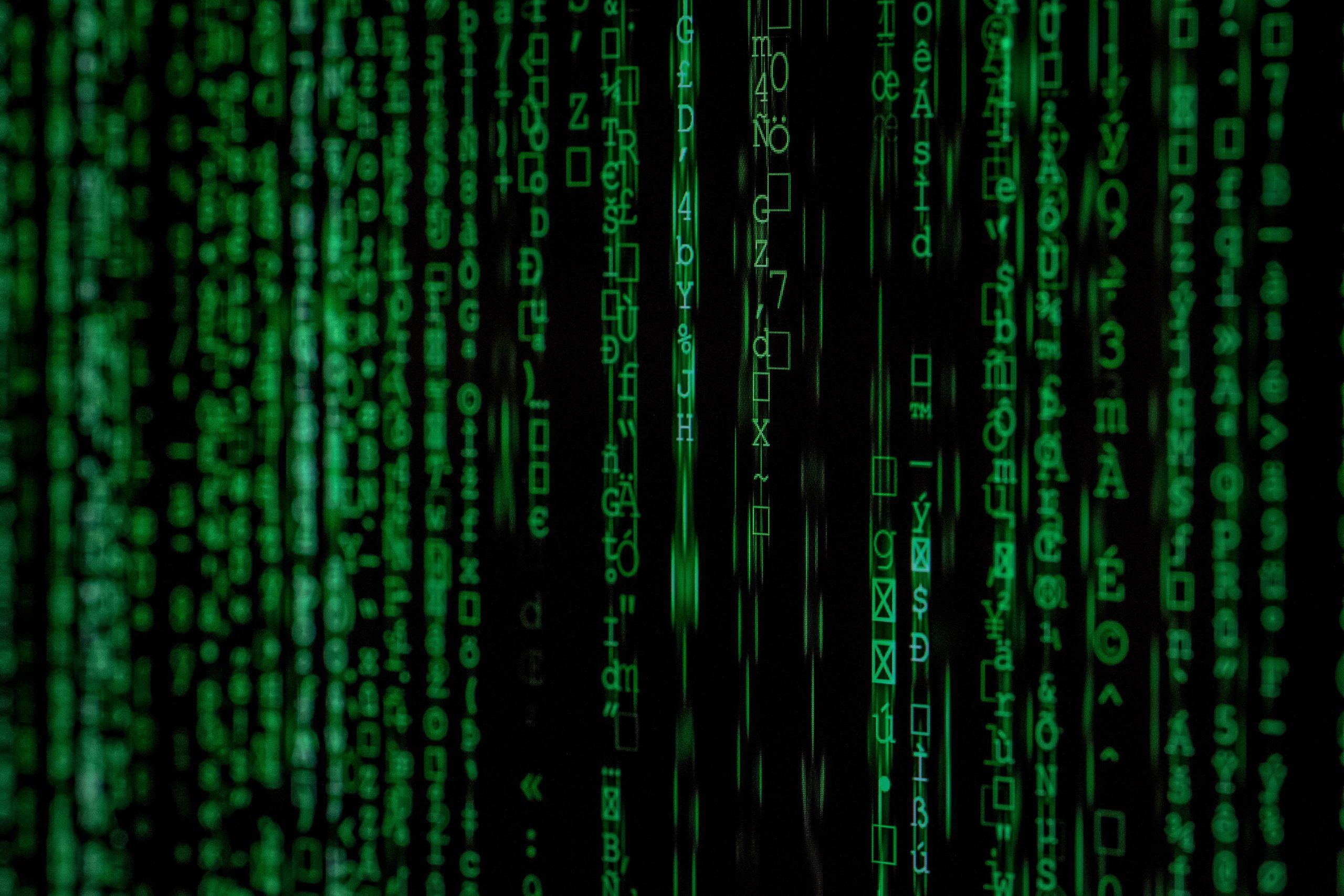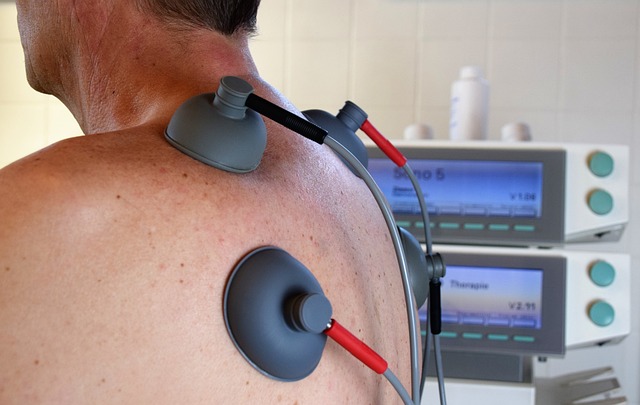When it comes to conversations about the potential benefits of blockchain, most people tend to veer towards two topics: bitcoin and cybersecurity. For those of us in the healthcare sector, however, the technology’s value goes far beyond the asking price of the latest cryptocurrency or the ability to create a near-unbreakable encryption wall. Instead, advances in blockchain technology promise to reshape the way we deliver and process medical care by resolving one of the foremost practical issues in the industry: rampant data fragmentation.
Now, this might not sound like the most exciting headline in the metaphorical paper at first listen — but the potential implications are nothing short of revolutionary.
Imagine an individual’s medical history as an unfinished puzzle, and their different care providers and treatment experiences as the scattered pieces. In the past, it has been notoriously difficult for care providers to reach those puzzle pieces, let alone connect them into a cohesive and informative whole. Providers need to have a clear picture of a patient’s records to strategize their care and bill accordingly — and yet, barriers such as physical distance, incompatible digital systems, and disorganized records have made assembly a taxing and frustrating process. In one recent survey from SCIO Health Analytics and HealthLeaders Media, a remarkable 58% of respondents pointed to highly fragmented data as the largest obstacle to assessing the total cost of care today.
With blockchain-powered systems, those logistical gaps would all but disappear — and open the way for incredible advances in care delivery, medical research, and insurance operations.
Care Delivery
When blockchain powers a patient’s electronic health record, it ensures that the metaphorical puzzle is complete from the start. The blockchain-backed record would hold all of the patient’s vital medical information in an ironclad cryptographic database and could be accessed by any person with the right software and credentials – regardless of the digital system the individual care provider uses in their practice. This would all but eliminate the incompatibility that makes interfacility communication so problematic today; every note a provider makes on a blockchain EHR would be saved on the record and made visible to the patient’s other care professionals.
The switch to blockchain would undoubtedly improve the quality and delivery of care for individual patients; however, a more significant part of its promise lies in what it could do to improve provider performance overall. The improved access to information that blockchain offers would provide healthcare professionals with valuable insights into their local population and network performance trends. Doctors thus have a better sense of the factors that impact care costs and can leverage their understanding of the market to improve network quality, bolster care delivery, and better financial outcomes overall.
Clinical Research and Development
As in health care, the main issue plaguing medical research today is data fragmentation. As one writer for PharmaPhorum describes the problem, “Data is scattered across multiple proprietary systems that are often independent and incompatible with each other, making it extremely difficult to recruit individuals for trials.” Without a clear means of accessing patient data, researchers have little ability to find promising candidates — much less launch the study itself.
Patients within a blockchain ecosystem, however, could have the option of storing their medical data in an anonymous database for trial recruiters to review. Then, if the recruiters believe an individual would be a good fit for their study, they can invite that person to participate. The study itself could use a blockchain-powered platform to both connect disparate researchers and protect sensitive patient data; trial leaders would have a transparent and traceable accounting of every change to the study’s records. If implemented and used nationwide, this information-sharing model could speed the now-long process of establishing clinical trials and lead to advances in medical treatment.
Insurance Operations
When it comes to reconciling insurance claims, processing and recording payments can be a process. Health payers generally tend to pay claims first and go through the process of identifying and fixing over- or under-payments second. As a result, the relationship between healthcare providers and insurance is rife with miscommunication and distrust.
With blockchain, however, the risk of miscommunication and the need for retrospective fixing would dissipate. A healthcare blockchain would create a transparent and permanent record of all patient visits and provider claims, removing the confusing back-and-forth that makes the process so difficult today. Blockchain-powered smart contracts — i.e., digital programs that facilitate the transfer of assets between parties — could also enable the easy adjudication of complex claims.
To put the matter plainly: blockchain has the potential to make our work in the healthcare sector less complicated and more effective.
What other reason do we need to integrate the technology into everyday use?







